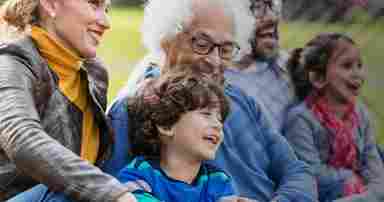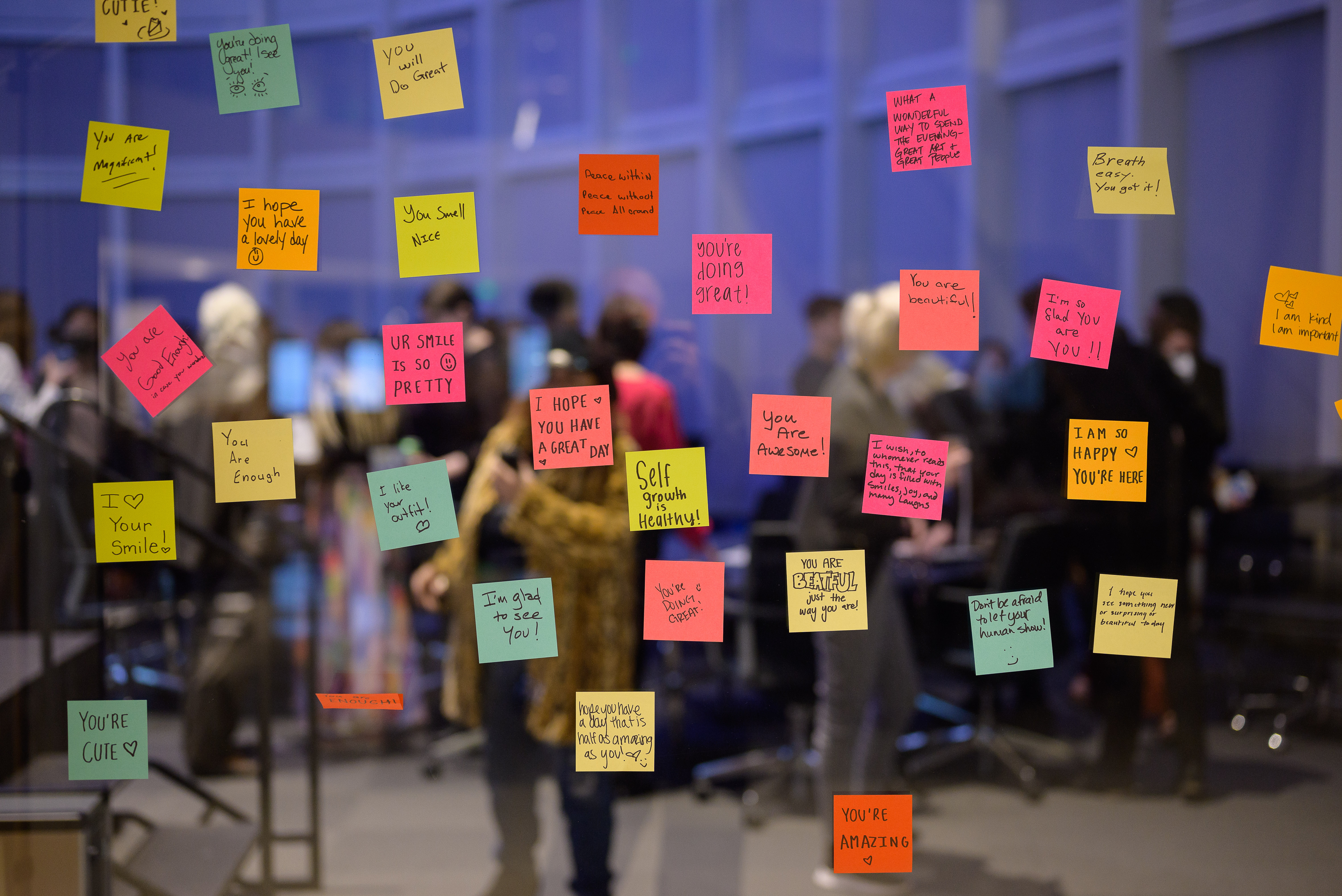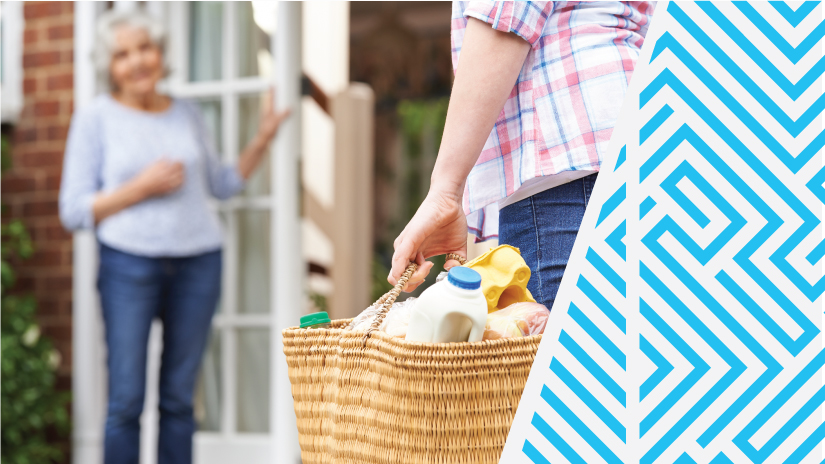
The Power of Kindness in Improving Brain Health
Center for BrainHealth
Share this article

Maria Johnson, MA, CCC-SLP
Director, Youth and Family Innovations Lead Research Clinician and Trainer, Charisma Virtual Social Coaching
Related Information

Parenting Minds


Compassion – A Salve in Times of Crisis
A powerful way to calm the mind is to activate the heart by engaging in acts of compassion